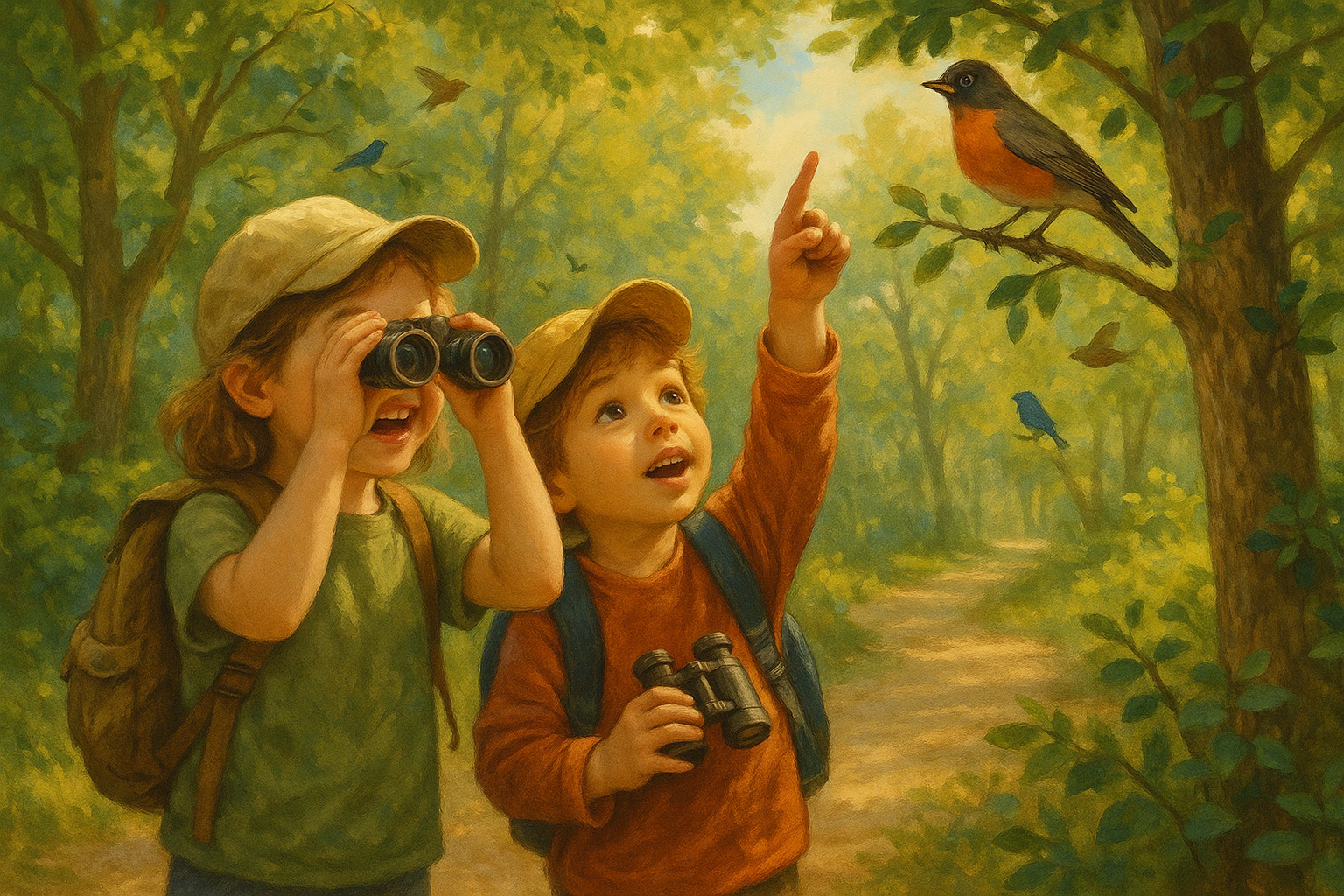One of the most common questions among bird lovers is whether backyard feeders make birds dependent on humans for survival. It’s an understandable concern: if you stop feeding, will the birds you’ve attracted go hungry? The short answer is no. Birds are resourceful, and research shows feeders supplement — not replace — their natural food sources.
At Trail Optics, we believe in responsible feeding practices that support birds while keeping their natural instincts intact. Here’s what the science says.
The Myth of Dependency
Many people worry that if they suddenly stop filling their feeders, local birds will starve. In reality, birds have evolved to find food across wide ranges of habitats, from forests and fields to urban gardens. Feeders provide a reliable bonus source, but they don’t erase birds’ natural foraging behaviors.
Studies from organizations like the Cornell Lab of Ornithology confirm that birds visiting feeders continue to forage elsewhere. They treat feeders as a supplement rather than a sole food source.

Why Feeders Help, Not Harm
Backyard feeders provide benefits without creating dependency:
- Energy boosts during tough seasons: High-fat foods in winter help birds survive cold nights.
- Support during migration: Feeders provide quick fuel stops for birds traveling thousands of miles.
- Population stability: Supplemental food can improve survival rates for certain species, especially in urban environments.
- Observation opportunities: Feeders bring birds closer, helping people connect with nature and support conservation.
Responsible Feeding Practices
While feeders don’t cause dependency, responsible care is still important:
- Keep feeders clean to prevent the spread of disease.
- Provide variety: Seeds, suet, fruit, and fresh water support a range of species.
- Avoid seasonal gaps: Consistency during migration and winter is especially helpful.
- Plant native vegetation: This ensures natural food and shelter remain available alongside feeders.

Smart Feeders and Science-Backed Feeding
Trail Optics smart bird feeders take responsible feeding one step further. With built-in cameras and real-time data, you can:
- Monitor how often birds visit and what foods they prefer.
- Capture videos and images to help identify species and behaviors.
- Stay consistent with feeding schedules thanks to notifications and durability.
Smart feeders don’t just supplement birds — they help you better understand them, ensuring your feeding practices align with both joy and responsibility.
Birds do not become dependent on feeders. Instead, feeders provide supplemental support that helps them thrive during challenging times, while still encouraging their natural foraging behaviors.
By feeding responsibly and pairing feeders with native plants, you create a safe, supportive environment for local and migrating birds. With Trail Optics smart feeders, you’ll have the tools to make every feeding moment smarter, healthier, and more rewarding.



Leave a comment
This site is protected by hCaptcha and the hCaptcha Privacy Policy and Terms of Service apply.